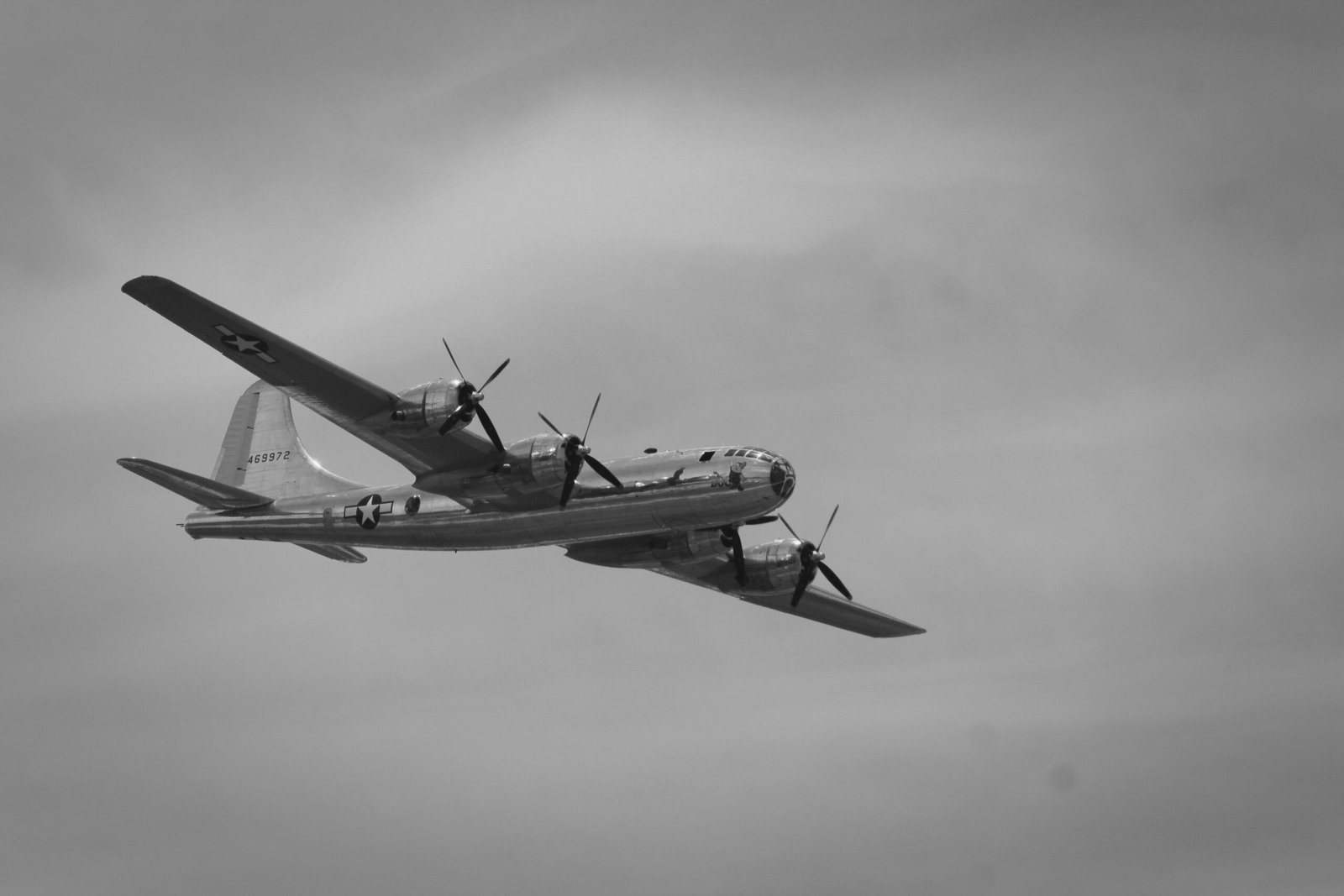Germany’s defeat in both World Wars was not solely due to the lack of proper army training. While it is true that the German soldiers were not as well-trained as their counterparts, there were several other factors that contributed to their downfall.
It is important to note that Germany had a highly disciplined and efficient military machine during both World Wars. However, their defeat can be attributed to a combination of strategic errors, economic challenges, and the overwhelming power of the Allied forces.
Strategic Errors
One of the major strategic errors made by Germany was their decision to engage in a two-front war. In both World Wars, Germany faced the challenge of fighting on both the Eastern and Western fronts simultaneously. This divided their resources and made it difficult for them to concentrate their forces effectively.
Additionally, Germany’s aggressive expansionist policies, such as the invasion of Poland in World War II, led to the formation of alliances against them. The Allied forces, including countries like the United States, United Kingdom, and the Soviet Union, united against Germany, further increasing the challenges they faced.
Unrestricted Submarine Warfare:
In World War I, One of the significant mistakes was Germany’s decision to resume unrestricted submarine warfare in 1917. This move, aimed at cutting off supplies to the Allies, led to the sinking of several American ships. The sinking of the British ocean liner RMS Lusitania in 1915 had already caused international outrage, and the resumption of unrestricted submarine warfare further antagonized the United States and contributed to its decision to enter the war on the side of the Allies.
Schlieffen Plan:
Germany’s initial military strategy, the Schlieffen Plan, aimed to quickly defeat France before turning its attention to Russia. The plan failed as German forces encountered unexpected resistance at the Battle of the Marne in 1914. This led to a protracted and costly war on both the Western and Eastern Fronts.
Treaty of Brest-Litovsk:
While the Treaty of Brest-Litovsk in 1918 allowed Germany to secure peace with Russia, it had significant consequences. The harsh terms imposed on Russia led to the creation of independent states in Eastern Europe, contributing to long-term instability in the region.
Failure to Exploit Advances in Technology:
Germany was at the forefront of technological innovations, particularly in military technology. However, it failed to capitalize fully on these innovations, such as the use of tanks and coordinated infantry and artillery tactics.
Political Instability:
Internal political instability, including domestic unrest and the abdication of Kaiser Wilhelm II in 1918, contributed to Germany’s overall decline during the war.
Trench Warfare:
The war quickly devolved into a protracted and brutal trench warfare on the Western Front. The Germans struggled to break the stalemate, and the introduction of new technologies like tanks and improved artillery further complicated their offensive strategies.
Blitzkrieg and the Eastern Front:
In World War II, Germany initially employed highly successful Blitzkrieg tactics, quickly overwhelming Poland and Western Europe. However, the invasion of the Soviet Union in 1941 marked a crucial mistake. The Germans underestimated the vastness of the Soviet territory, the harsh Russian winter, and the resilience of the Red Army.
Failure to Develop Long-Term Strategies:
Germany’s leadership, particularly Adolf Hitler, often focused on short-term objectives without considering the long-term consequences. This lack of a coherent and sustainable strategy hindered their ability to adapt to changing circumstances.
Strategic Bombing Campaign:
The effectiveness of the Allied strategic bombing campaign, particularly the sustained bombing of German cities, industrial complexes, and transportation networks, weakened the German war machine and disrupted their production capabilities.
Declaring War on the United States:
After the Japanese attack on Pearl Harbor in December 1941, Hitler declared war on the United States. This decision significantly expanded the scope of the conflict for Germany, as it had to fight a two-front war against both the Soviet Union and the Allied forces.
Failure to Develop a Long-Term Strategy:
Germany lacked a clear, coherent long-term strategy for the war. While military successes were achieved in the early years, there was no comprehensive plan for how to sustain those gains or win a protracted war against multiple opponents.
Failure to Mobilize the Entire Population:
Germany did not fully mobilize its population for war production until later in the conflict. The economy was not on a full war footing early enough to match the industrial capabilities of the Allied powers, particularly the United States.
Holocaust and War Crimes:
The atrocities committed by the Nazi regime, including the Holocaust and other war crimes, led to international condemnation and galvanized resistance against Germany. These actions not only had moral implications but also contributed to a united front among Allied powers against the Axis.
Lack of Coordination among Axis Powers:
Germany’s coordination with its Axis partners, such as Italy and Japan, was often ineffective. The lack of a cohesive and coordinated strategy among Axis powers weakened their overall war effort.
Economic Challenges
Germany also faced significant economic challenges during both World Wars. The economic strain caused by the reparations imposed on Germany after World War I severely weakened their economy. This, coupled with the economic blockade imposed by the Allies, made it difficult for Germany to sustain their war efforts.
During World War II, Germany’s resources were further stretched as they had to allocate a significant portion of their workforce and industrial capacity towards the war. This affected their ability to produce and maintain the necessary military equipment and supplies.
The Power of the Allied Forces
Another crucial factor in Germany’s defeat was the overwhelming power of the Allied forces. The combined military strength, resources, and manpower of the Allied countries far surpassed that of Germany. The Allied forces had superior technology, better intelligence networks, and a more extensive industrial base.
Furthermore, the Allied forces had a clear advantage in terms of moral values and determination. They were fighting to defend their countries and uphold democratic principles, which provided them with a strong sense of purpose and motivation.
Conclusion
While the lack of proper army training was a contributing factor, it is essential to recognize that Germany’s defeat in both World Wars was a result of a combination of strategic errors, economic challenges, and the overwhelming power of the Allied forces. It is important to study history objectively and understand the complexities that led to these significant historical events.




[…] Hitler’s obsession with racial ideology and his treatment of minority groups, particularly the Jews, alienated many […]
[…] It is crucial for society to remember and learn from such dark chapters in history to ensure that such incidents are never repeated. The Anti-Sikh Riots of 1984 serve as a reminder of the importance of unity, tolerance, and the protection of human rights. […]